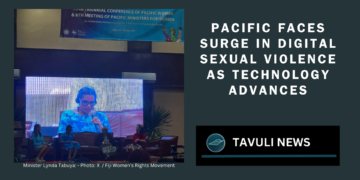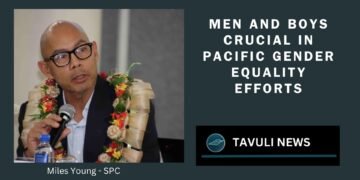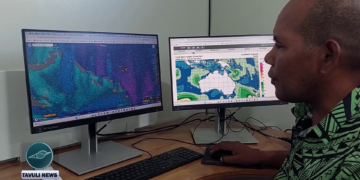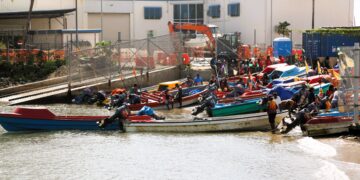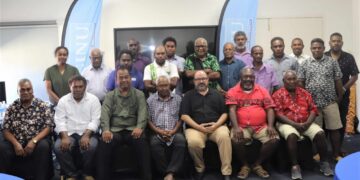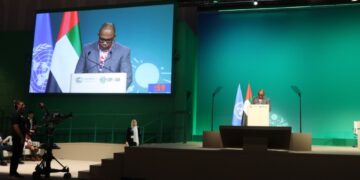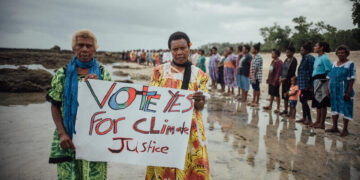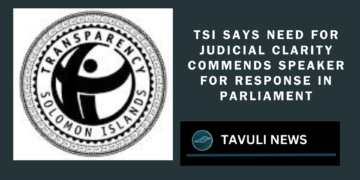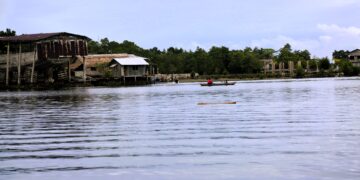WWF Japan concern over ocean discharge saying “We cannot support the discharge of treated water into the ocean with serious concerns remaining”.
On August 22, 2023, the Japanese government decided to discharge treated water from the Fukushima Daiichi Nuclear Power Plant into the ocean, and the discharge began on August 24. WWF-Japan cannot support this decision because serious concerns remain regarding this ocean discharge.
First, there is insufficient consideration of alternatives. The Citizens Commission on Nuclear Energy (CCNE) had proposed mortar solidification, which has been implemented overseas, as an alternative to discharge into the ocean along with another alternative. Although the government explains that the experts have discussed several options thoroughly over the past six years, in reality, the government task force and the committee only had a few opportunities in the process and there is no indication that the proposed alternatives were seriously considered.
In addition, the assumptions have changed since the time of the study. One of the assumptions on which the discharge into ocean proposal was chosen was that the current decommissioning plan would eventually be able to stop the generation of contaminated water. Under the current decommissioning plan, the fuel debris removal is supposed to improve the situation where contaminated water continues to be generated, and the removal process of fuel debris should have already started this year. However, since there is currently no prospect of achieving the removal process, it is inevitable that the generation of contaminated water will not stop and the period of oceanic discharge will be prolonged. And the risk of contamination and the economic and social costs will continue to increase, shaking the premise of the discharge option, which was considered “realistic from a technical and institutional standpoint.”
Second, it violates the promise that the government made. The Japanese government and TEPCO told the Fukushima Prefectural Fisheries Federation Cooperative Associations in writing in 2015 that “no disposal of any kind will take place without the understanding of all concerned parties.” However, at present, the National Federation of Fishermen’s Cooperative Associations and the Fukushima Prefecture Federation of Fishermen’s Cooperative Associations continue to oppose the discharge, and it cannot be said that “understanding” has been obtained.
Third, there are still concerns about the treated water to be discharged into the ocean. The government explains that the water treated by ALPS (Advanced Land Plants for the Removal of Radioactive Substances) and purified by additional removal processes contain only less than the standard level of radioactive substances other than tritium. Also, tritium will be released only after its concentration has been diluted to below international standard values. However, when some media reports in 2018 indicated that the concentration of radioactive materials other than tritium exceeded the standard values, an issue would not come up until it was raised by outside parties. The treatment of
contaminated water that has come into contact with fuel debris directly is fundamentally different from the discharge of tritium water from a normal nuclear power plant in terms of the radioactive substances it may contain, and more prudence is required, including the establishment of a monitoring system that can proactively point out problems. In case of radioactive substances, both excessive alarm bells lacking evidence and inadequate monitoring of the effects can increase harmful rumours about fisheries
products, so there is an urgent need to establish a reliable system.
The government and TEPCO have explained that they will disclose data on treated water before and after discharge into the ocean, and that monitoring by third parties will continue. Part of the information has already been made public by TEPCO, the Japan Atomic Energy Agency, the Ministry of the Environment, and others. WWF Japan strongly urges that these measures function effectively. In other words, it is absolutely essential to avoid that these disclosures and monitoring are merely formal disclosures of data that are meaningless in practical terms, or that they become a superficial third-party monitoring with no intention of raising warnings. And, as the government concludes, if a problem is discovered, the discharge must be promptly stopped and the entire plan must be revisited.
Finally, to prevent such a disaster from happening again, Japan’s energy system should aim for 100% sustainable renewable energy.


